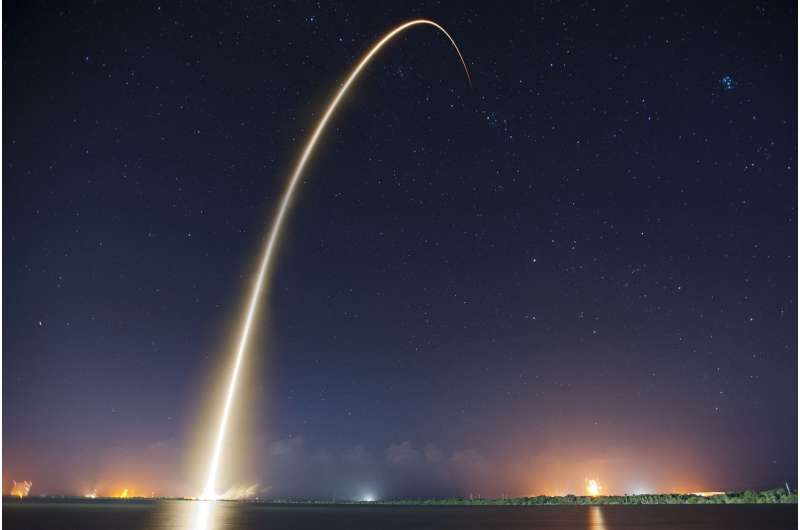The experiment run for the German Space Agency looks to demonstrate how space travelers can use their own skin cells to create a tissue-forming patch to cover wounds and speed up healing, something that will be vital to long-term space missions to the moon and Mars, said project manager Michael Becker.
"On human space exploration missions, skin injuries need to be treated quickly and effectively," Becker said. "The personalized and individual bioprinting-based wound treatment could have a great benefit and is an important step for further personalized medicine in space and on Earth."
The experiment will also look at how the bioprinter could be used on Earth after the experiments are returned for study at Technical University Dresden in Germany.
Also flying up will be experiments that look at making monoclonal antibodies, and the challenges they have dissolving easily in liquids. Used as treatments for many human diseases including COVID-19, because of their tendency to remain crystallized, the treatment requires a clinical setting.
This experiment is for Merck Research Labs and focusing on cancer, with the ultimate goal of allowing the treatments at a doctor's office as opposed to having to head to a hospital.
NASA's Student Payload Opportunity with Citizen Science program will send up a study on antibiotic resistance in microgravity from Columbia University and an experiment from the University of Idaho that looks at how microgravity affects bacteria-resistant materials.
Other experiments headed to the ISS will look at heat-resistant alloys, potentially harmful microbe growth and human immunity, plant roots and shoots in microgravity in an effort to reduce stresses on their growth in space, and a commercial endeavor for Procter & Gamble's product Tide Infinity, a fully degradable detergent specifically for use in space.
Explore further
©2021 Orlando Sentinel.
Distributed by Tribune Content Agency, LLC.



